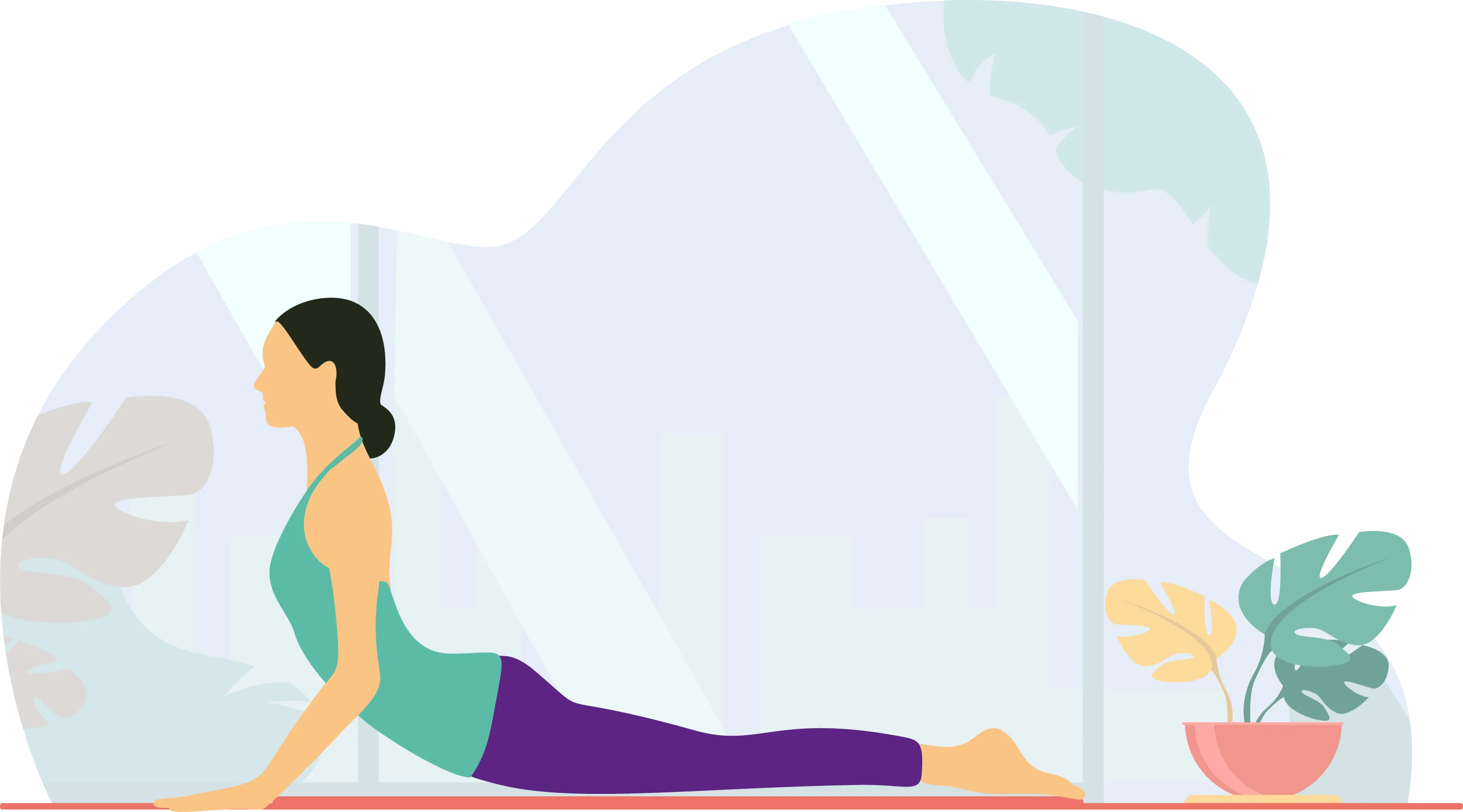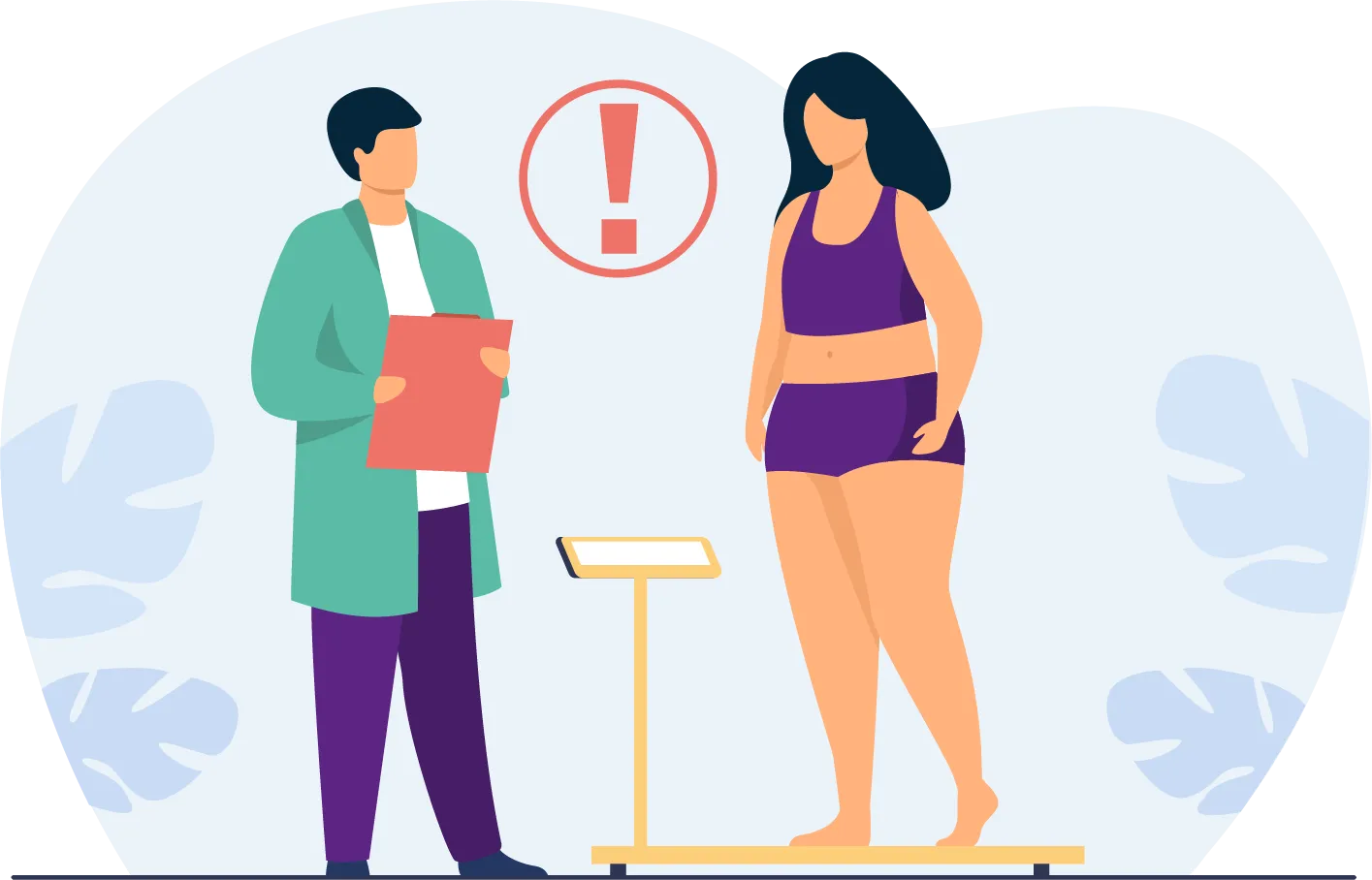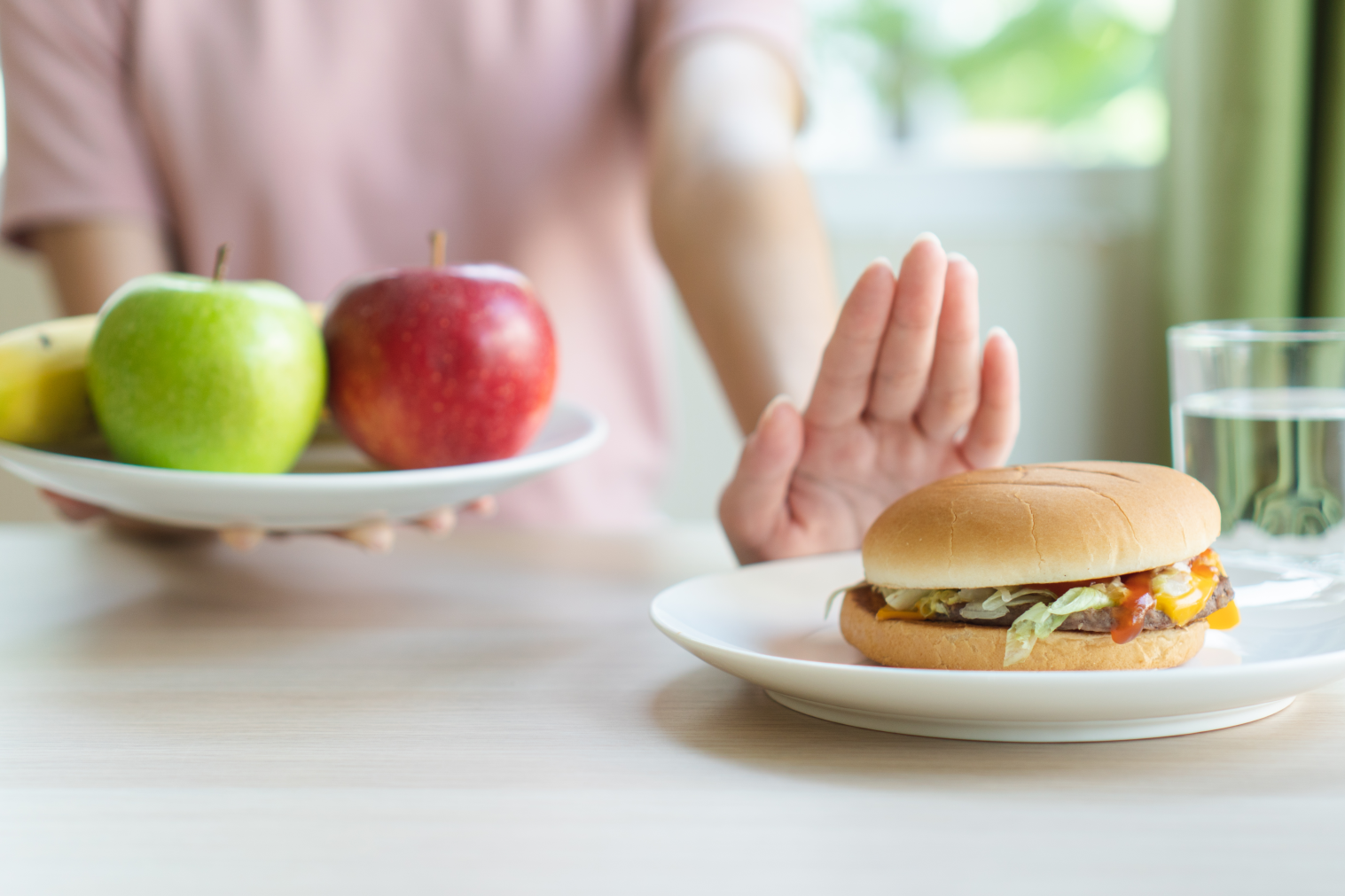Cholesterol | 6 min read
Best Natural Ways to Reduce Cholesterol Levels at Home
Medically reviewed by
Table of Content
Key Takeaways
- Eating foods high in saturated fats can increase your cholesterol levels
- Regular exercise can help reduce bad cholesterol and increase good cholesterol
- Quitting cigarette smoking is beneficial as it is a major risk factor for heart disease
Cholesterol plays an important role in the normal functioning of your body and is key to the production of several hormones. However, as is true with most things in life, anything in excess can be harmful, and this is especially true in the case of cholesterol. What is otherwise responsible for keeping your cells healthy can turn truant and high levels of bad cholesterol, low-density lipoprotein (LDL), can quickly become a problem if left unchecked. In fact, some of the more serious symptoms of high cholesterol include kidney failure, heart attacks, strokes, and clogged arteries.
Knowing that bad cholesterol can negatively impact your quality of life, make a conscious effort to stay healthy. A good first step is to learn how to reduce cholesterol by making lifestyle changes. While you can undergo high cholesterol treatment by way of medication, living healthier may just be the smartest option to consider, especially in cases when your cholesterol levels aren’t too high, to begin with.
To help you start in the right direction, here are 5 tips to help prevent high cholesterol problems.
High cholesterol is a serious problem that can lead to heart disease, stroke, and other health problems. There are things you can do to help prevent high cholesterol problems. Here are some tips:
Eat a Healthy Diet
Eating foods that are low in saturated fat and cholesterol can help reduce your cholesterol level. Choose lean meats, poultry, fish, beans, nuts, seeds, and vegetable oils. Eat plenty of fruits and vegetables.
Get Regular Exercise
Exercise helps your body make HDL (good) cholesterol. It also helps reduce LDL (bad) cholesterol and triglycerides. Aim for at least 30 minutes of moderate exercise most days of the week. Lose weight if you need to. Even a small weight loss can improve your cholesterol level.
Quit Smoking
Smoking damages the lining of your arteries and makes it harder for your body to remove LDL cholesterol from your blood.
Manage Stress
Stress can contribute to high cholesterol levels by causing inflammation in the body. Finding ways to manage stress can help keep your cholesterol levels down.

Pay More Attention to Food You Consume
Among the more effective ways to control cholesterol levels is to eat right. This means you need to pay careful attention to the foods you consume on a regular basis, especially if recent blood tests reveal the presence of a high LDL cholesterol level. The first step here is to pinpoint foods that promote bad cholesterol build-up, identify cholesterol-reducing foods, and figure out which of these already form a part of your regular diet. The goal is to consume foods that have an adequate amount of high-density lipoprotein (HDL) cholesterol, the healthy kind, and minimise LDL cholesterol, the unhealthy kind.
Additional Read: Low Cholesterol Diet PlanIdeally, you should first start by limiting foods high in LDL cholesterol, such as butter, cheese, organ meats, processed meats, whole milk, and red meat. Instead, consider switching over to protein foods rich in omega-3 fatty acids like salmon, walnuts, and flaxseeds as these have heart-healthy benefits to offer. Moreover, it is important that you start consuming soluble fiber as it reduces the absorption of cholesterol in your blood. Foods such as kidney beans, Brussels sprouts, apples, pears, and oatmeal are good examples of these. When it comes to controlling cholesterol, diet is key, and paying attention to your food goes a long way.
Exercise Multiple Times a Week
Physical activity has many benefits for the heart and has a role in controlling the levels in your body. There are studies that show that regular exercise helps reduce bad cholesterol, LDL, and increase good cholesterol levels. In fact, you should aim to complete at least 150 minutes of moderate-intensity exercise or at least 75 minutes of high-intensity exercise in a week for optimal results. This greatly helps reduce blood pressure and blood sugar levels while increasing HDL cholesterol steadily.
However, for those with physical injuries or inexperience with exercising, there are other options you can start off with. For instance, you should consider taking the stairs more often, or parking further away from your destination and take a walk. Even a brisk walk can do wonders for your health, provided you are consistent with it.

Cut Down on Smoking and Work Toward Quitting Altogether
Smoking is known to damage blood vessels, harden up the arteries and increase the risk of heart disease. In fact, smoking changes how your body handles it, often due to reduced HDL cholesterol levels. Simply put, the decrease in good cholesterol hinders the body’s ability to transport cholesterol back to your liver, where it is broken down.
Keep Tabs on Your Body Weight
A study on weight-loss diets found that weight loss increased cholesterol absorption from the diet and decreased the creation of new cholesterol among persons who were assigned the diets. Moreover, within the same study, there was an increase in good cholesterol while the amount of bad cholesterol didn’t change. This decreases the risk of heart diseases and improves health greatly.
In short, keep tabs on your weight as being overweight has a negative impact on cholesterol levels in the body. A good way to identify the ideal weight you should be at is to consult a specialist regarding your body mass index (BMI). Typically, being between the range of 18 and 25 is considered healthy, but it is better to get professional advice on the ideal weight for optimal health.
Additional Read: Height Weight Chart For Men and WomenSteer Clear of Trans Fats
Trans fats are a common ingredient you’ll find in most packaged goods as manufacturers use them to keep food fresher for longer. However, these are extremely unhealthy for your body, especially since they increase bad cholesterol and lower good cholesterol levels. In fact, this ingredient is so unhealthy that in 2017, researchers found that the elastic acid trans-fat has toxic effects on neuron-like cells, which resulted in cell death.
Employing home remedies for control is a good thing and is a proactive step to sustainably maintaining your health. Relying solely on medication shouldn’t be the only approach to controlling bad symptoms as it doesn’t fix the underlying problem- unhealthy living. However, this doesn’t discount the importance of getting medical help, as is it important to consult a physician to get the best care in time.
Find the best doctor for the job on Bajaj Finserv Health. Locate a specialist near you in minutes, view doctors’ years of experience, consulting hours, fees and more before booking an e-consult or in-person appointment. Apart from facilitating online appointment booking, the Bajaj Finserv Health also offers health plans for your family, medicine reminders, healthcare information and discounts from select hospitals and clinics.
References
Disclaimer
Please note that this article is solely meant for informational purposes and Bajaj Finserv Health Limited (“BFHL”) does not shoulder any responsibility of the views/advice/information expressed/given by the writer/reviewer/originator. This article should not be considered as a substitute for any medical advice, diagnosis or treatment. Always consult with your trusted physician/qualified healthcare professional to evaluate your medical condition. The above article has been reviewed by a qualified doctor and BFHL is not responsible for any damages for any information or services provided by any third party.




